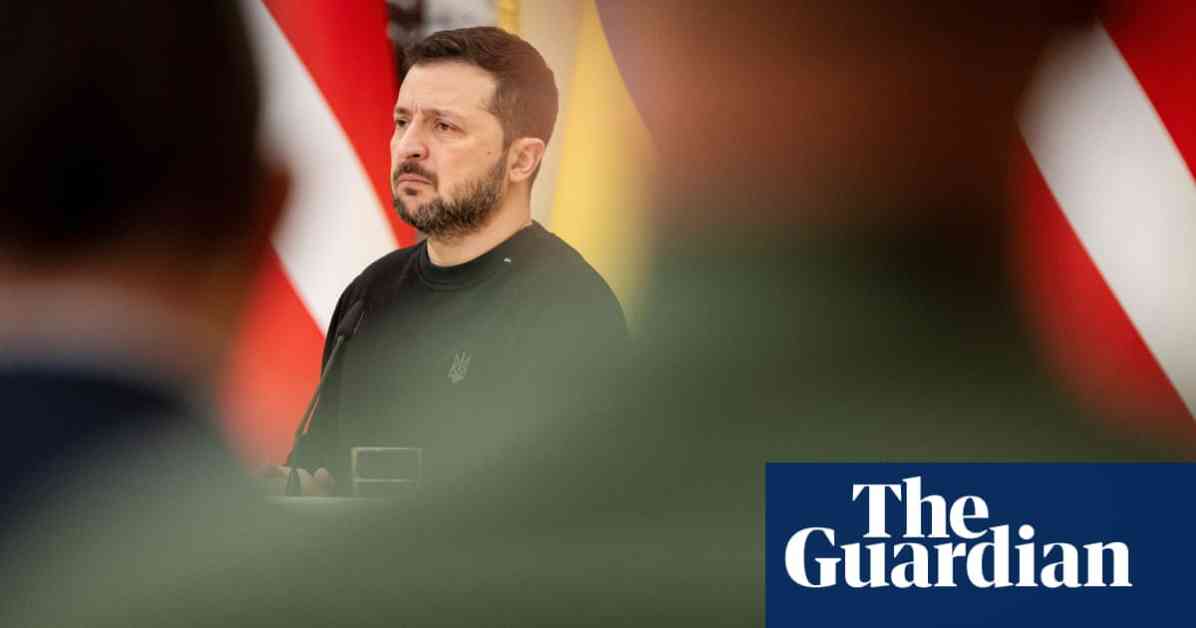The recent G20 summit in Brazil has faced criticism from Ukraine’s western allies for failing to adequately address Russia’s role in the ongoing conflict in Ukraine. As the conflict reaches its 1,000th day, the final communique from the summit was considered weaker than previous years, with only a mention of humanitarian suffering and territorial integrity.
Ukrainian President Volodymyr Zelenskyy expressed his disappointment, accusing the G20 leaders of not taking action following Russian President Vladimir Putin’s decree easing rules for using nuclear weapons. Zelenskyy highlighted the lack of a strong strategy from the G20 in dealing with the situation.
German Chancellor Olaf Scholz also voiced his disappointment, stating that the communique failed to acknowledge Russia’s role in starting the conflict. While UK Prime Minister Keir Starmer’s spokesperson described the shift in language as disappointing, Starmer himself emphasized the importance of sovereignty but acknowledged the difficulty in directly blaming Moscow while Russia was part of the discussions.
The absence of Putin at the summit raised concerns, with Canadian Prime Minister Justin Trudeau emphasizing the need for a stronger statement to address the illegal invasion of Ukraine by Russia. Trudeau expressed his dissatisfaction with the final wording, indicating that it did not reflect the gravity of the situation.
The challenges of finding consensus on the G20 statement were evident, especially given the complex geopolitical landscape and global issues such as inflation, war, and climate change. The decision to finalize the communique a day early by Brazilian President Luiz Inácio Lula da Silva drew criticism, particularly from leaders like Emmanuel Macron of France, who reiterated the need for a lasting peace in Ukraine.
In London, a spokesperson for No 10 acknowledged the differing views among G20 countries, including Russian representatives, which may have influenced the lack of explicit language on Russia’s invasion of Ukraine. While the G7 statement over the weekend reaffirmed strong support for Ukraine, the G20 statement fell short of addressing the root cause of the conflict.
During the summit, Keir Starmer reiterated the UK’s commitment to supporting Ukraine and emphasized the need to double down on efforts to bring about a just and lasting peace. The discussions at the G20 highlighted the challenges of navigating diplomatic relations and finding common ground on contentious issues like the conflict in Ukraine.












